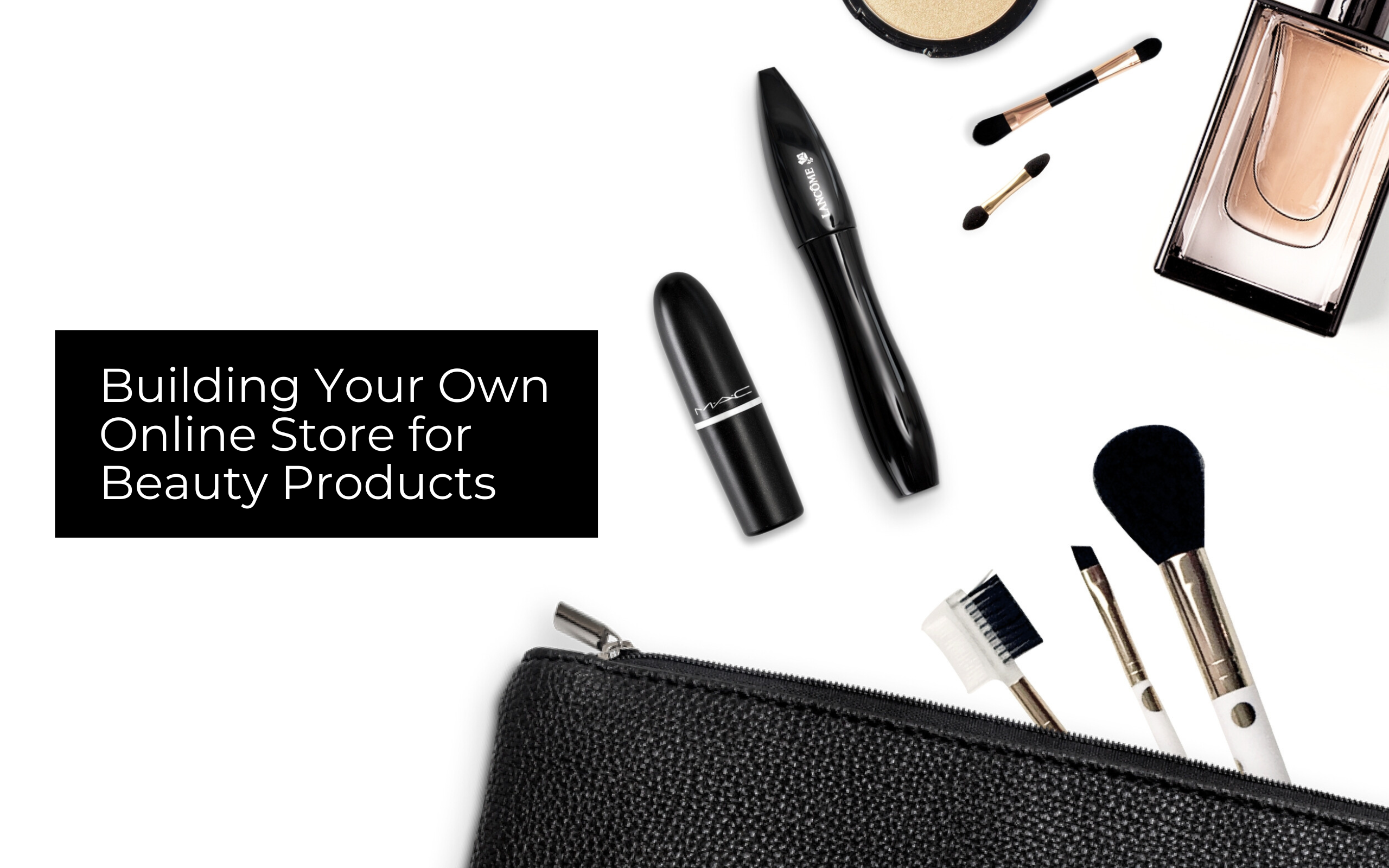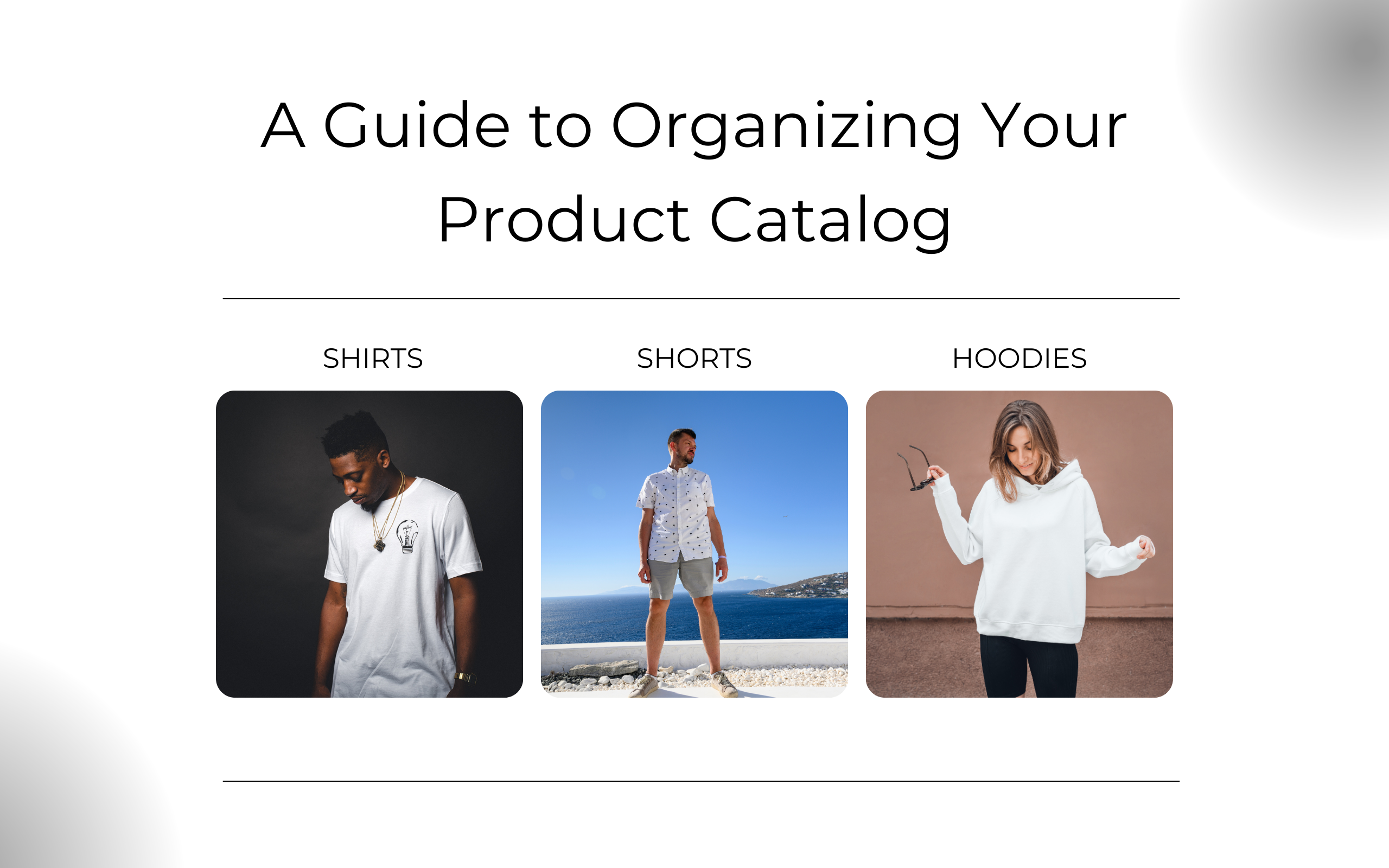Building Your Own Online Store for Beauty Products

Section 1: Popular Online Marketplaces
When it comes to selling online, you have multiple options. Let's explore some of the popular choices:
Option 1: Selling on Instagram (Not Recommended)
The easiest way to start selling online is through Instagram. You can create a simple page to showcase your products. However, this approach is not recommended for building a robust online business. (Learn why this may not be the best choice)
Option 2: Selling on Marketplaces like Amazon (Consider as Secondary)
While selling on Amazon can be a good starting point, it's crucial to have your own dedicated online presence through a website. In 2022, Amazon sales in the UAE alone amounted to US$477.6 billion (source). We believe that the best way to sell your beauty products is by having your own dedicated website. You can still use Amazon as a secondary sales channel, but your primary focus should always be your website.
Are you wondering why?
Building Your Brand
When you sell on Amazon, you're not building a brand; you're essentially competing with everyone else based on prices. However, when you create your own website, you establish and grow your brand. Any growth you achieve is entirely under your control. On Amazon, once a customer buys a product, how you interact with them is determined by Amazon, not you. For instance, Amazon might send them an email later to try a product from your competitor. With your website, you have the freedom to upsell your products directly and implement email marketing strategies. In essence, having an eCommerce store gives you a significant advantage—visitors to your website can only buy your products. You won't lose sales to competitors offering lower prices, as often happens on Amazon. You also have control over your pricing, which leads to higher profits over time.
Section 2: DIY Website Building
Option 1: DIY Website Building
If you prefer a hands-on approach, you can build your website yourself. There are user-friendly platforms like Shopify, Wix, WooCommerce that can help you get started. DIY website building offers cost savings and provides you with complete control over the design and functionality of your online store. These platforms offer a range of templates and tools to simplify the process, even if you have no prior web development experience.
Section 3: Hiring Freelancers
Option 2: Hiring Freelancers
Another approach is to hire freelancers who specialize in web design and development. Platforms like Fiverr.com offer a wide range of freelance talent. It's important to choose a reputable freelancer with a strong portfolio and positive reviews. Keep in mind that while hiring freelancers can be cost-effective, there may be quality variations, so thorough research is essential.
Section 4: Professional Agency Services
Option 3: Professional Agency Services
For a professional and tailored online store, consider working with a reputable agency that specializes in e-commerce development. Agencies provide comprehensive services, from initial consultations to the final website launch, ensuring your online store meets your brand's specific needs. To get your store up and running, you'll need the following:
- A branding file (including your brand logo, name, and identity).
- High-quality product images with detailed descriptions and prices.
- Lifestyle photos that can be used on your website for a visually appealing presentation.
- If you plan to collect online payments (rather than cash on delivery), you'll need a valid trade license to register with a payment gateway. (Stay tuned for a dedicated blog on this topic.)
Setting up a Shopify website, for example, should not be time-consuming if you hire the right agency, typically taking between 4 to 6 weeks. We recommend Shopify for any online store due to its user-friendly interface, scalability with higher-tier plans, and SEO-friendly features. Keep an eye out for our upcoming blog/article that delves deeper into the advantages of using Shopify for your online store.
Remember, venturing into the world of online sales is a significant step towards unlocking your business's full potential. Recognizing the signs that it's time to move online positions your business for greater success and sustainability.
Whether you choose to go the DIY route, hire freelancers, or collaborate with a professional agency, the key is to take action and establish your online presence. The beauty industry's rapid growth in e-commerce presents immense opportunities for your beauty products to shine.



